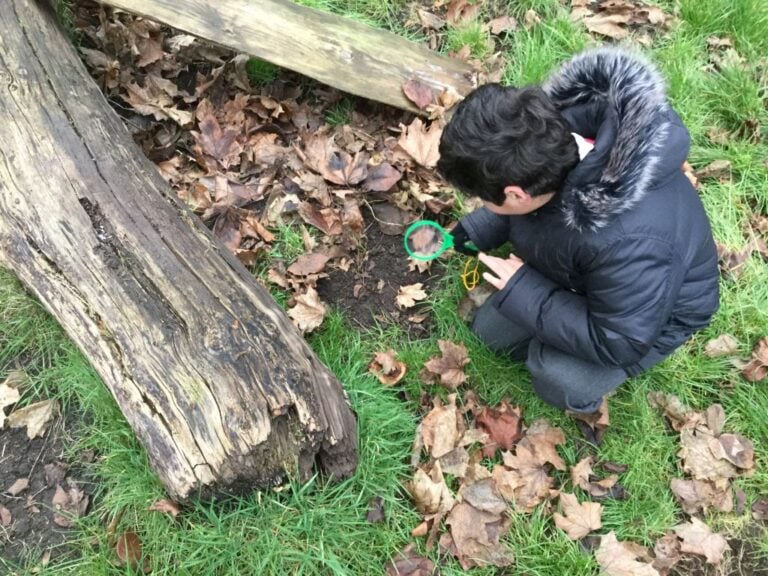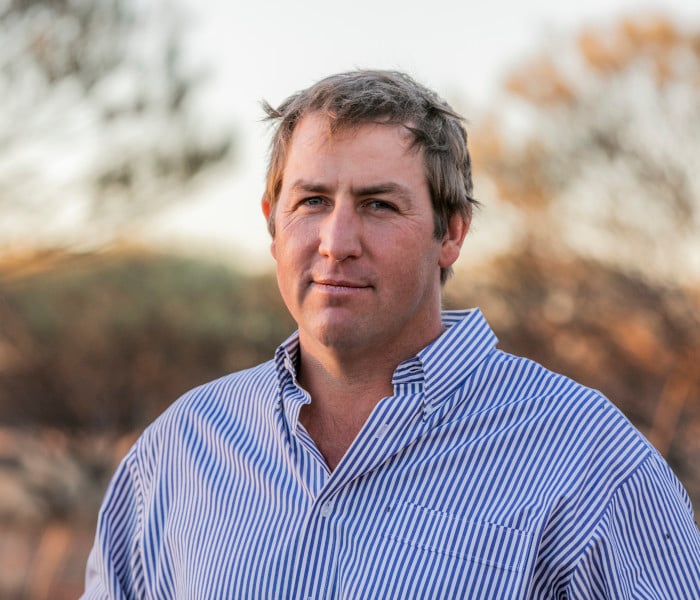PICTURE: One crazy interchange; looking at the junction of the Clem Jones Tunnel, Airport Link and Inner City Bypass in Brisbane. Courtesy of Courier Mail
WHAT MUST IT BE LIKE for the non-human species we share this earth with, when humans intersect their patch without paying any attention to how this might impact on their current movements and ways of life?
Reflecting on indigenous ways, our Aboriginal cousins, who considered themselves to be a part of nature – not apart from nature – were bare footed and regenerative in that they derived their livelihoods in association with the land, taking only what they needed, leaving plants and animals plenty from which to breed and multiply so as to ensure their future needs would not be diminished.
They intersected with the earth in ways that did not compromise what future generations would need for THEIR needs. In other words, need, not greed, was paramount.
Being soft footed, their impact hardly disturbed the landscape and did not unduly interfere with the other-than-human species they shared their ‘country’ with. In fact they considered other species kin, adopting them as co-inhabitants essentially sharing the same habitat.
There were no streets and hard surfaces that would cut off the movement or free association that the other-than-human species of birds, mammals, reptiles, amphibians and so on required for THEIR needs.
So co-existence was viewed as normal. Domination wasn’t a consideration. Intersections as we know them, that have now morphed into fly-over superhighways would be out of the question.
When we take Munibung Hill as our case study, how might we reimagine our relationship with her, such that we minimise the intersections we create and the impact they have?
So many questions to answer:
Why are we so intent on carving up ‘country’? On imposing our will on the Earth? Why can’t we afford rights to the Earth in equal proportion to those we apply to ourselves?
What is the story that we use to justify this domination of the other-than-human species? Do we believe that by maintaining this high handed attitude we will achieve some kind of happy euphoria of being masters over others? – as if we can control the complex working of earth as revealed by earth systems science.
Who are we deluding, if not ourselves, when we embark on and continue practicing these flawed ideas?
Is it time to intersect the behaviours that drive destructive practices and replace them with regenerative and circular economy programs?



